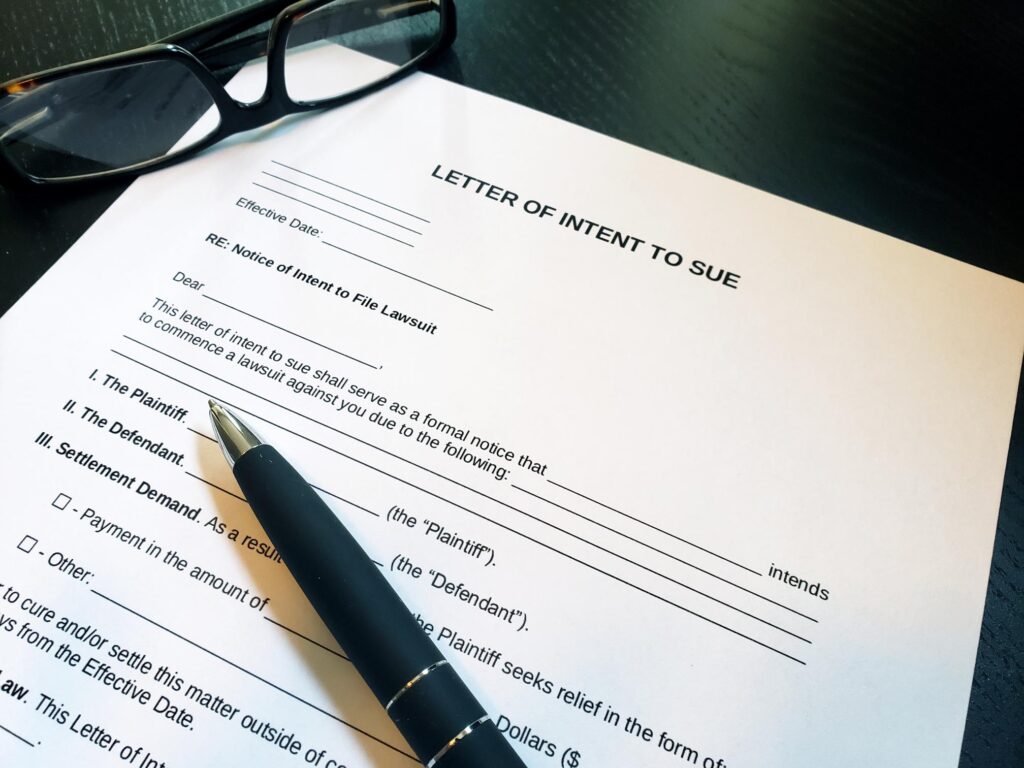
Mold in one’s home, apartment or place of work can lead to adverse health issues like nose congestion, rashes, feeling short of breath, headaches and inflaming asthma. Prolonged exposure to mold can worsen one’s health over time and in many cases said exposure has been linked to internal organ damage and even mental impairment. Ignoring the issue will only make it worse, so once water damage and mold is discovered within a dwelling, immediate action by trained professionals is a vital step in avoiding larger issues in the future.
A lawsuit could in fact result if toxic mold is discovered in a home, apartment or place of work especially if the landlord or previous owner had knowledge of issues prior to a new owner or tenant has occupied the property. Seller’s disclosures are now being scrutinized even more as previous home owners deceive new potential buyers, or when landlord’s are being deceptive about previous losses or needed repairs. It is the responsibility of the previous owner or the landlord to fully disclose any potential issues in the past and also provide proper documentation of said repairs to ensure that the new owners or tenants are fully aware of previous damage. Lying or intentionally being deceptive can lead to costly lawsuits in the tens or even hundreds of thousands of dollars.
Landlord Responsibilities
It is possible to bring a suit against anyone who knowingly caused or contributed to mold issues in a property that has affected those within the dwelling. Mold can not only lead to major health issues but also major property loss, as demolition of affected materials can be very costly. If mold is behind kitchen cabinets because of a previous leak, those cabinets would have to be removed, and if the cabinets themselves are compromised, then they too would have to be discarded leading to what appeared to be a small mold job, into a complete kitchen remodel which could cost tens of thousands of dollars on average. You may have the option of filing a personal injury lawsuit, a property damage claim or even a malpractice case depending on the situation itself. Here are some examples of how a mold case can be brought to court:
- Tenants can sue both landlords and property managers for health issues and personal property damage caused by mold especially in cases where rental insurance may not cover the total monetary loss.
- Contractors or even architects are liable for suit when they have violated building codes, used faulty building materials, knowingly caused damage to the property due to negligence, didn’t file for or have proper permitting, or directly violated local building codes.
- Previous owners failing to disclose prior water and mold damage, and not properly notifying potential buyers of pervious damage. Knowingly covering up water damage losses and mold or other building defects such as improperly installed stucco or windows, or roofing issues.
- Restoration companies who were hired to remove mold or water damage from any type of flooding and failed to properly remediate the issue leading to more mold and potential exposure from their negligence.
- Insurance carrier’s dragging out even the smallest of water damage claims, which then lead to mold issues and potential health risks in your dwelling. Some insurance carriers can take months and even years haggling over covered claims which then can lead to secondary damage and mold exposure.
Steps to Take When Pursuing Legal Action
If you are at a point where legal option may be the only recourse, there are some crucial steps you will need to take to assist your case. Not following some of the these suggestion could lead to your case becoming weaker, and thus harder to file for an attorney.
- Take photos and even videos of the damage.
- Document all correspondence and try avoiding phone calls as they aren’t proof, and recording calls can some times work against you. Emails and texts are the best option to prove that you notified landlords or contractors about damage, and show dates of action.
- Get mold testing done. This can be one of the most important steps. You can’t just say you have mold, you have to prove it. Having a professional test for mold can tell you the type and severity and help in providing evidence of your exposure.
- Keep a record of all repairs you may have made. In order to get reimbursed for work you paid for, you must have documentation proving you paid for such repairs. Copies of cashed checks or credit card payments and invoices will be best.
- Seek medical attention immediately if you’re having any adverse health affect. Don’t wait until it is too late to get help if you’re feeling ill due to mold exposure.
Having proper legal representation for any case is vital in securing your chances of being awarded damages, but it is difficult to find the right attorney or an attorney willing to take on cases for mold. Not every mold case is the same, and not every case involving mold is something that can even be brought to court. Do your due diligence prior to hiring any attorney and ask for previous cases they have been apart of in the past to see if they’re the right fit for you.